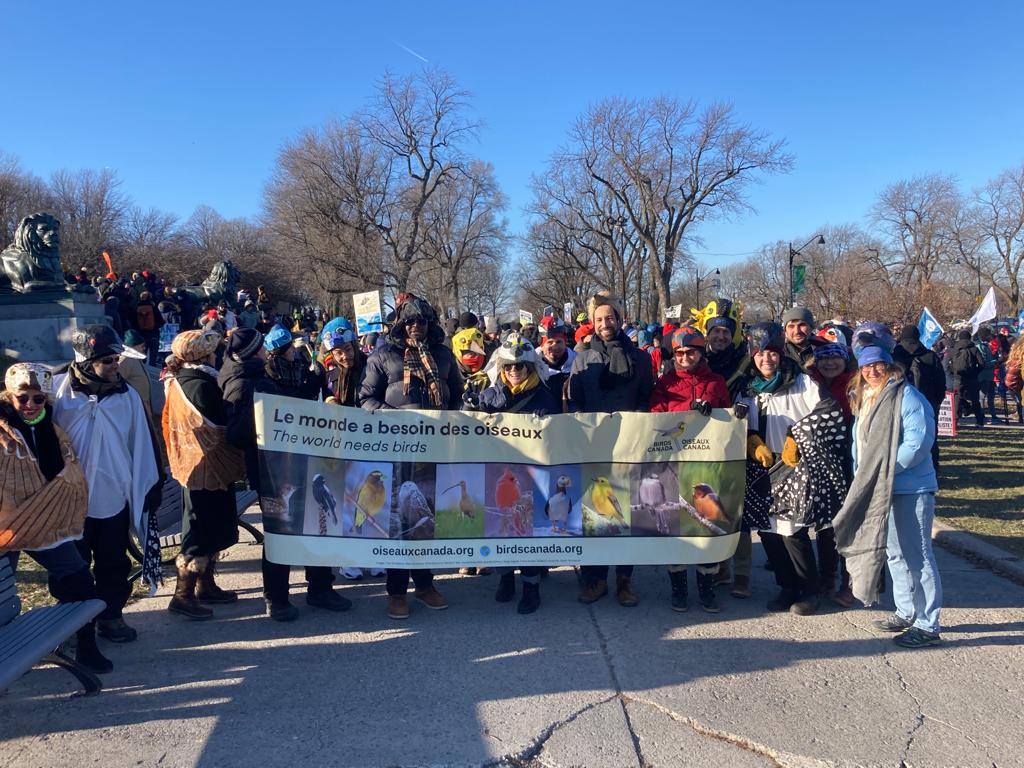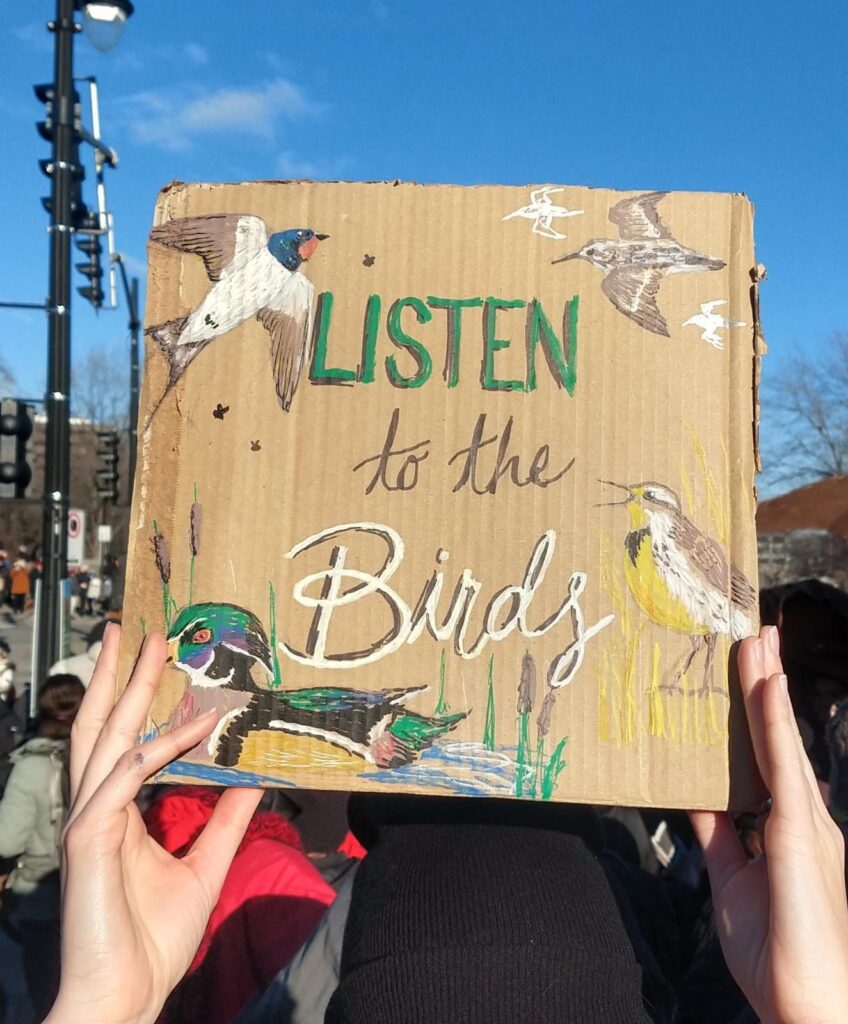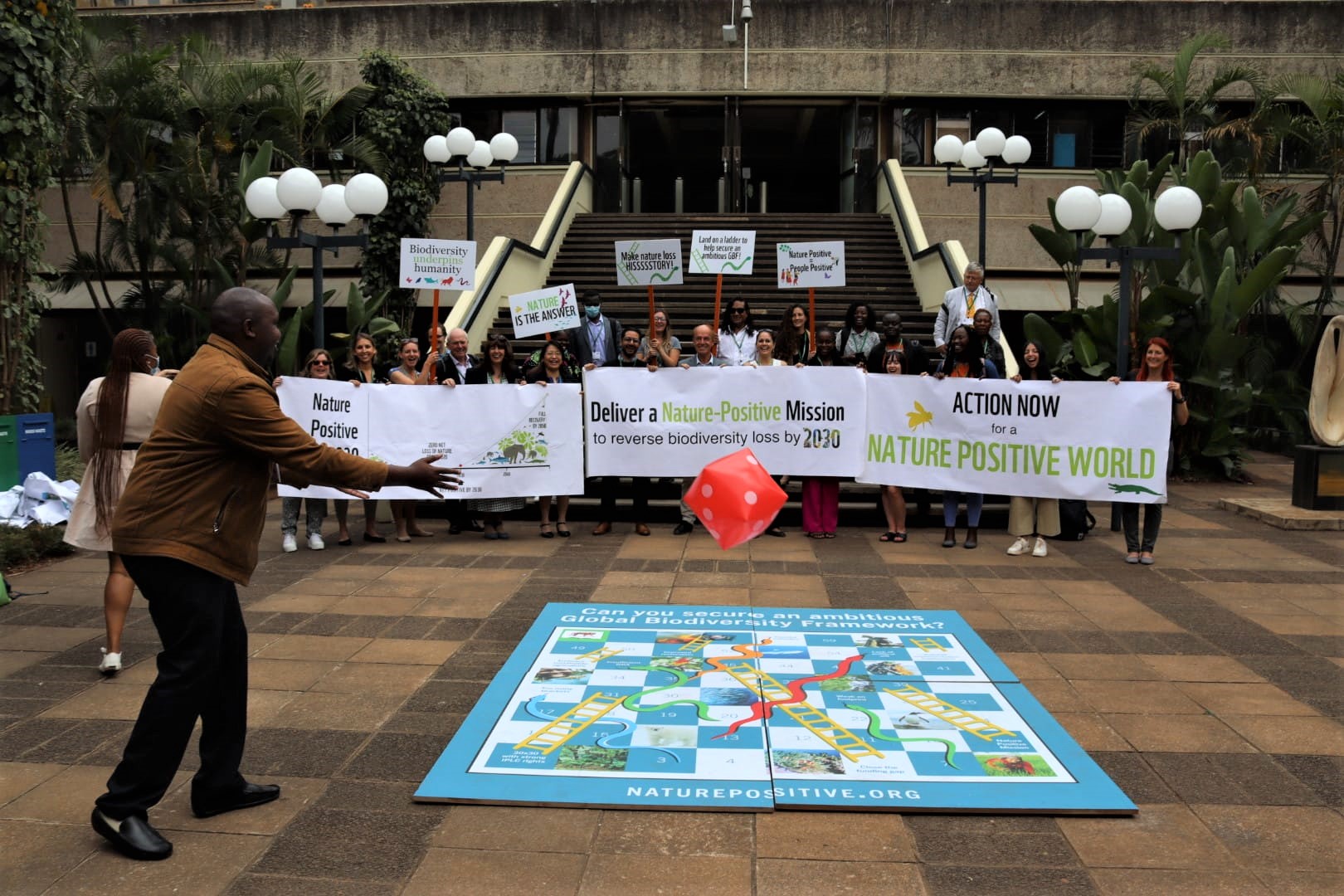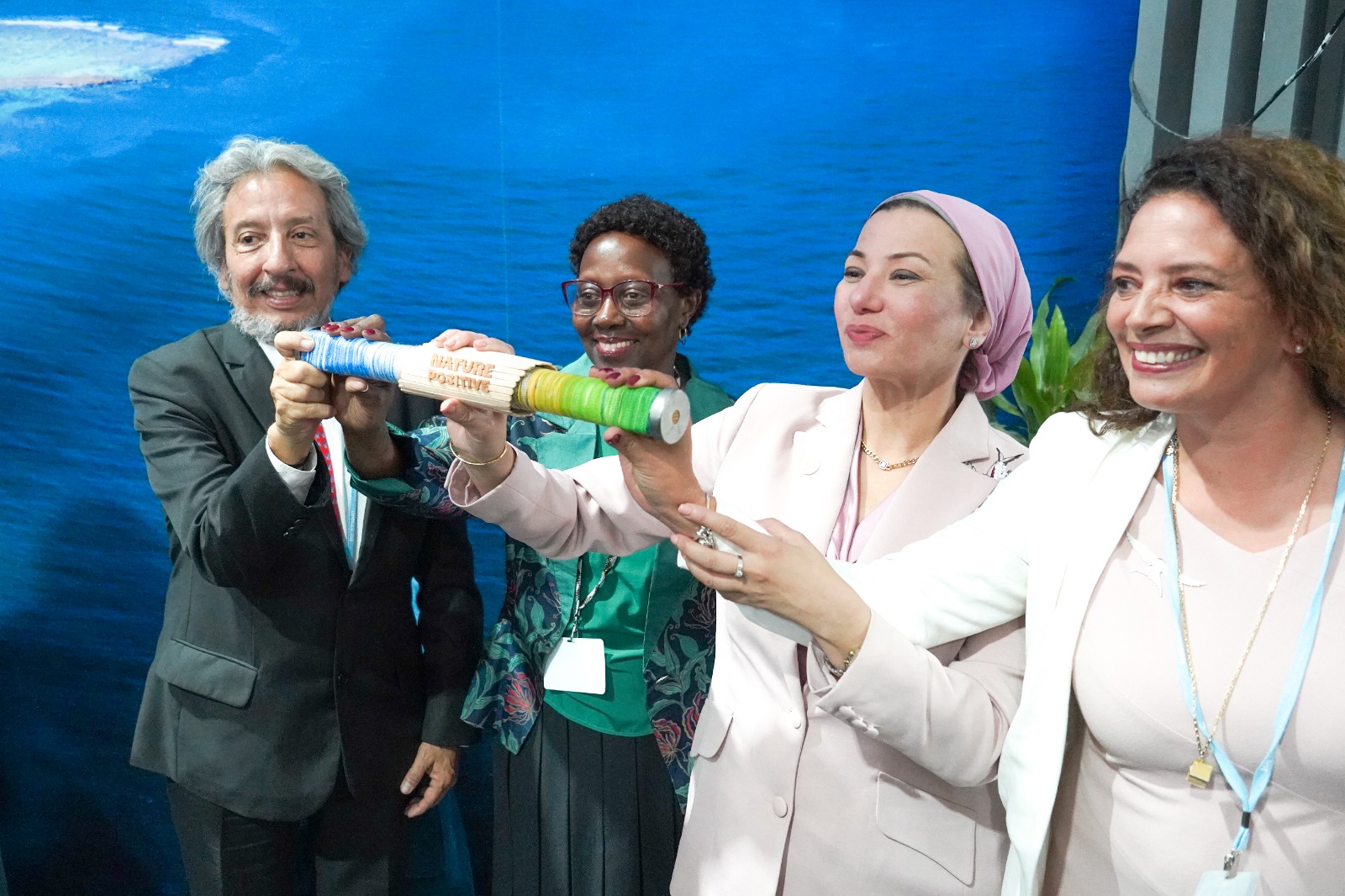The Final Week for Nature Unfolds in Montreal

Today kicks off the final week of the Convention on Biological Diversity (COP15) talks in Montreal. Government Ministers arrive this week to negotiate the critical Global Biodiversity Framework but language about the goals, targets, funding and implementation mechanisms are still to be agreed.
The stakes are incredibly high because the final text will set the agenda for nature conservation over the next decade. The 196 nations that are signatories to the Convention are expected to translate the targets into domestic action with funding (institutional, philanthropic and private) hopefully aligned.
There is still an enormous amount to do, although the pace has fortunately quickened over the past 48 hours, which will hopefully deliver a text with fewer issues left for ministers to resolve. There is a risk that in the haste to remove brackets (text in brackets means that it is yet to be agreed) key issues get dropped, and we end up with a weak, toothless deal which fails to drive the transformative shift we need.
By Martin Harper
Header image: Protestors in colourful costumes at the March for Nature and Rights in Montreal, Saturday 10th December
BirdLife’s Chief Scientist Dr Stuart Butchart warns, “Reversing biodiversity loss is achievable by 2030 with transformative change. That’s why I’ve signed up to a statement urging governments to adopt ambitious targets for 2030 in the CBD Global Biodiversity Framework.”
The statement makes the following points. COP15 negotiations must include time-bound targets for key drivers of biodiversity loss to be addressed. Time-bound means that progress or the lack thereof can be determined in real-time. Achieving success will require wealthy countries to rapidly reduce the impact of their consumption. Researchers, conservationists, and the public across the world are also urging leaders for this agreement to include ambitious goals to ‘Halt and reverse the loss of biodiversity and put nature on a path to recovery by 2030.’ In other words, rather than simply stopping the further decline in species and habitats, we need to achieve a state where the amount of biodiversity worldwide is actually increasing.
There is a profound need for a human rights-based approach recognising the right to a healthy environment, which must be embedded into the operational goals and targets of the framework.
But major sticking points remain, especially…
…whether the final text will commit nations to protecting and conserving 30% of all terrestrial, inland water, coastal and marine ecosystems by 2030 and how to ensure this will really focus on the key areas for biodiversity
…whether the targets will even match strong calls from the finance and business sectors themselves for measures such as mandatory biodiversity and human rights reporting to address the drivers of biodiversity loss
…whether there is a robust mechanism to guide rapid and immediate implementation and scale up action as needed
…when and how the financial resources will be mobilised to back up the commitments

Decisions in the final few days will determine whether governments do or do not want to put us on a path to a nature positive world.
BirdLife reinforcements are also arriving this week with the number of Partners participating swelling to 20 (from all continents), each with an ability to influence their country delegations and complementing the impressive show of civil society strength both inside and (as the successful Montreal march showed yesterday) outside the conference hall. Their chants haunt the hallways.
“What do we want? Nature positive!
When do we want it? By 2030.
Choose ambition, not extinction.”
Patricia Zurita, BirdLife CEO, spoke to this crucial week ahead. “The power of our global family of national partners to influence and support their country’s negotiators with BirdLife’s science and policy is undeniable. We insist that nature be at the heart of the solutions and action adopted. But conservation will not be enough. We must also radically change our consumption and the drivers that have created the nature crisis. Whether toxic agricultural subsidies, unsustainable fisheries or deforestation, our practices must be stopped and reversed. Governments must rise to the urgent challenge now if we and our planet are to have a chance of survival.”

For more information click below:
BirdLife’s Policy Positions around the Global Biodiversity Framework


